Revolutionizing Healthcare: The power of Digital Health in dietary education for chronic conditions
Digital Health Global
SEPTEMBER 8, 2023
In this context, digital health emerges as a catalyst for revolutionizing healthcare delivery. Digital health encompasses electronic health (eHealth) and mobile health (mHealth), which leverage electronic platforms and mobile technologies, including wearable devices and apps, to provide health information and services.



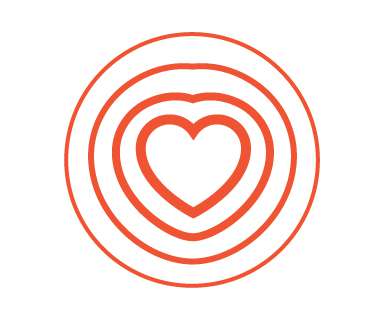
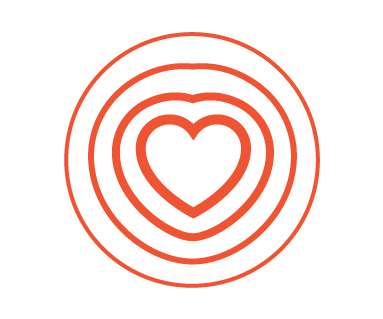

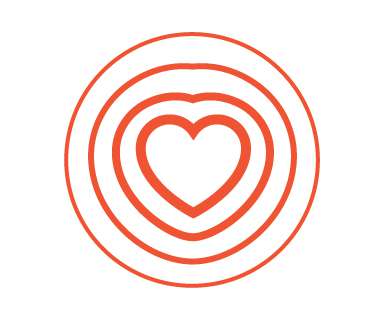
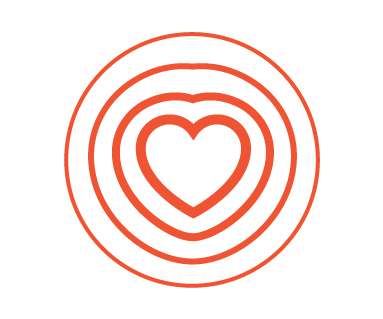
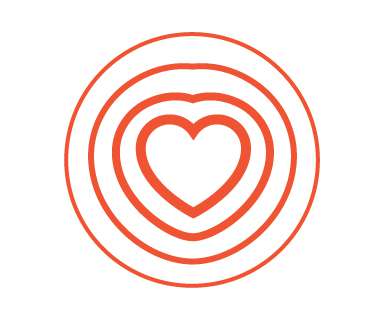
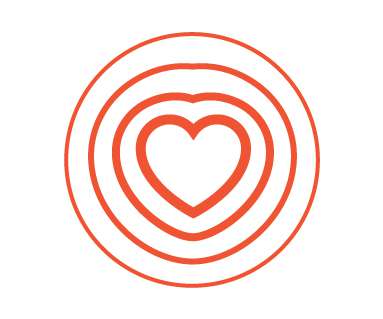

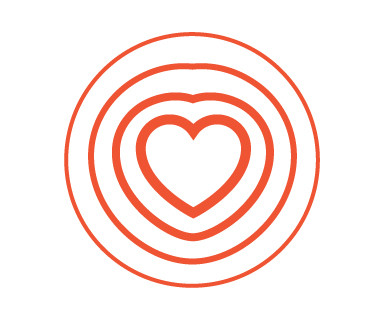









Let's personalize your content